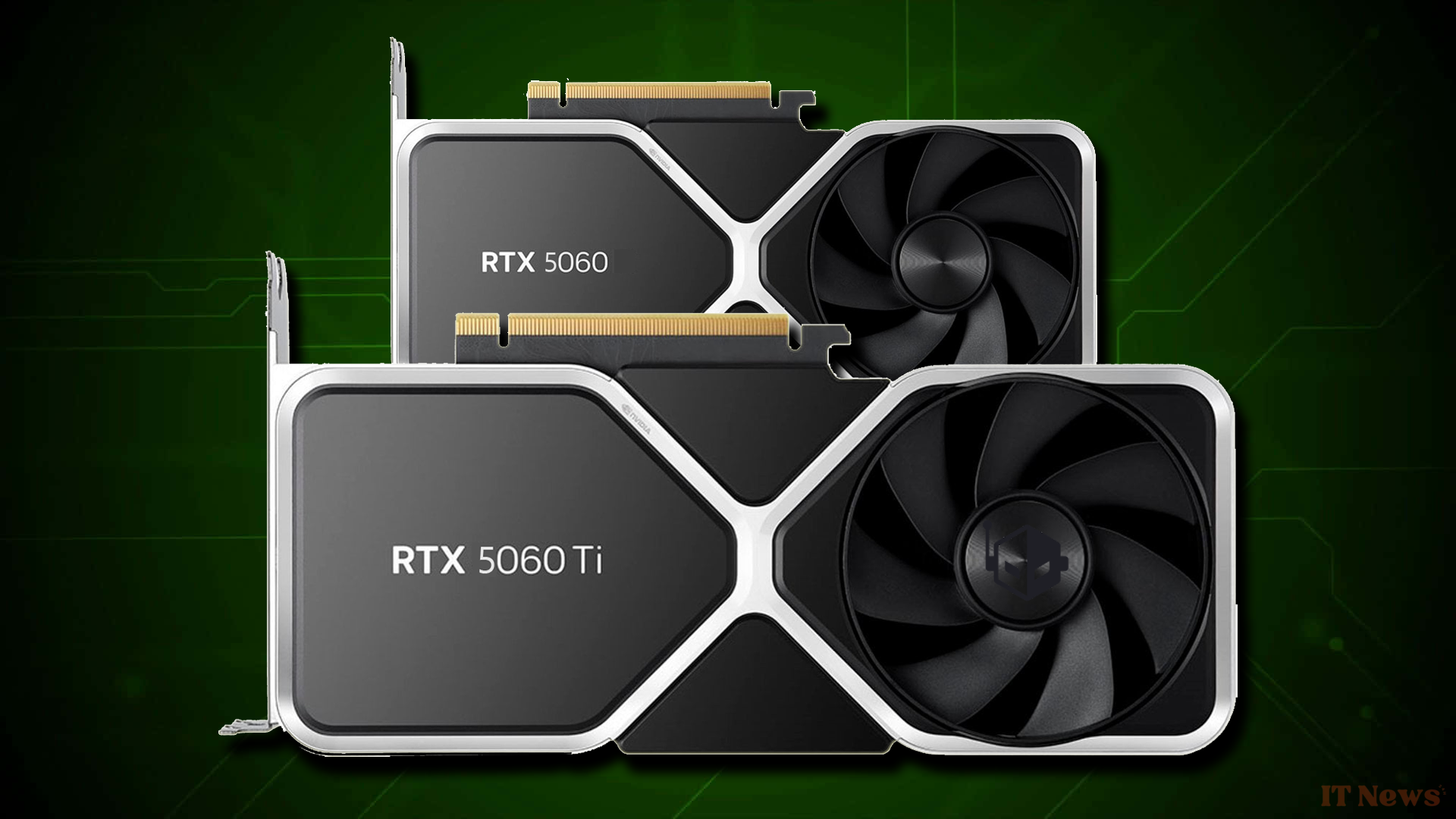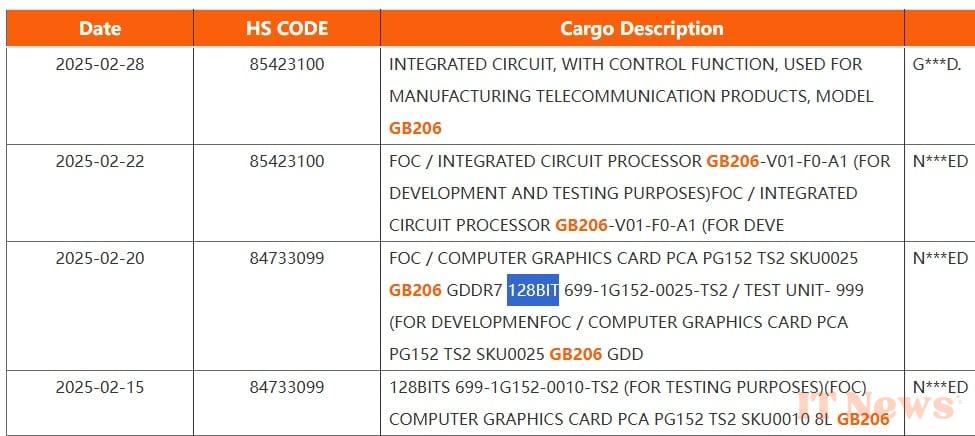NVIDIA is preparing to release the latest in its generation of RTX 5000 graphics cards with the RTX 5060 and 5060 Ti. Traditionally, the XX60 models are intended to be more affordable than the more powerful models, to offer a good 1080p gaming experience, or even for professional use such as 3D modeling. Ahead of their presumed release in mid-April, the two 5060s have been leaked via shipping slips spotted by our colleagues at Videocardz, which suggest an interesting performance/price ratio.
Concessions, improvements and a rather affordable price for the RTX 5060, according to a leak
Like every generation of new NVIDIA graphics cards for a while now, the arrival of the RTX 5000 has caused a bit of a stir. Those already available are generally difficult to find, at least at decent prices. Worse still, some owners of these cards have still suffered from the very serious but unfortunately very recurring problem of melting power cables. Let's hope that this will not be the case for the RTX 5060 & Ti, which should arrive in mid-April.
In the meantime, Videocardz.com reports interesting data via a leak of shipping slips for the latter. We learn in particular that the RTX 5060 & Ti will follow in the footsteps of their big sisters and include GDDR7 memory modules. More specifically, the normal 5060 will have 8 GB (and 3840 CUDA cores), and the Ti 16 GB (and 4608 CUDA cores). For both, this should increase the total bandwidth to 448 GB/s, an increase of 55% compared to the RTX 4060 & Ti, which therefore represents a significant performance gain.
However, we note that the RTX 5060 & Ti have the same bus memory as their previous generation equivalent: 128-bit. So we have two weights, two measures for both models. According to other rumors, the normal 5060 should have a recommended price of $299, and the 5060 Ti a higher recommended price between $399 and $499. However, we will have to wait for official confirmation from NVIDIA, and especially see what prices its partner manufacturers will apply, who generally tend to unfortunately inflate the bill.
Source: Videocardz.com




0 Comments